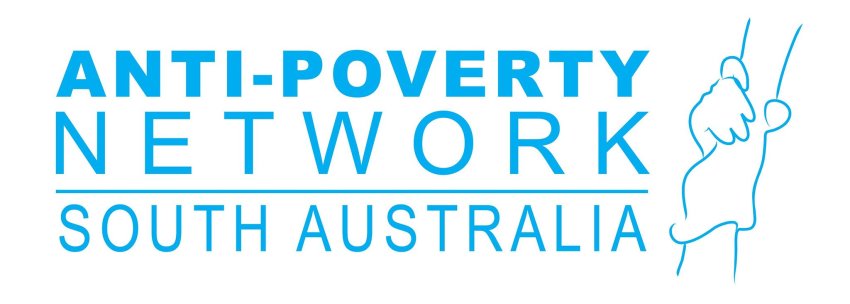
The Anti-Poverty Network South Australia released the statement below on its Facebook page on May 10 in response to the federal budget, which included a series of attacks on welfare recipients.
***
We are relieved that the government has finally withdrawn its 'zombie measures' that would have caused great harm to welfare recipients, particularly job-seekers. Nevertheless, the latest federal budget features multiples attacks on those relying on income support. Attacks that are subtler and more targeted, but no less mean-spirited.
The government wants to strengthen "Mutual Obligation" requirements for job-seekers. In fact, we already have an incredibly one-sided, unmutual system, with strict obligations for job-seekers, but few for the government. This budget continues that pattern: more obligations for welfare recipients, while the government continues to ignore its own responsibilities.
There was no mention in the budget of the fact there is one job for every 11 job-seekers (including the underemployed).
Nor any mention of the fact that Newstart, at $267 per week, is $160 per week below the poverty-line, and has not been raised in real terms since 1994. Its very low rate means job-seekers experience significant financial and personal stress, with impacts on their health, social connectedness, and ability to search for work.
DEMERIT-POINTS SYSTEM: Instead of a desperately-needed increase to the incomes of the unemployed, the government has proposed a demerit-points system, that will lead to thousands having their only source of income cut or suspended for missing appointments or activities.
We know from the existing compliance system that even when job-seekers have a 'reasonable excuse', they can still get breached, because of human error, Centrelink or job agencies refusing to accept medical certificates, because they were unable to make contact with either of these organisations quickly enough, or for a range of other reasons outside their control.
We are particularly concerned about the 27% of Newstart recipients with a diagnosed disability. These are the people most likely to miss appointments and activities, for valid reasons, but who often still have their payments cut.
We need to look at why individuals 'disengage'. More often than not, it is the demoralisation that comes from being long-term unemployed (70% of Newstart recipients have been out of work for more than one year), from being rejected for job after job.
We should not judge harshly those who become discouraged and lose hope. They have been let down by the government and the labour market.
In any case, the goal of the welfare system must be, first and foremost, to prevent individuals from falling into poverty. We cannot support any changes that will lead to more people losing their payments, whether or not they "deserve" it.
DISABILITY SUPPORT PENSION CHANGES: Preventing those whose health issues are caused by substance abuse from accessing Disability Support Pension is moralistic and mean-spirited, and will have devastating consequences.
Access to Disability Support Pension should be based on need, not judgments about deservingness. The Disability Support Pension has strict eligibility requirements – only one in six applications are successful.
Substance abuse is often a form of self-medicating – a response to severe trauma and hardship. It is a medical issue. Those battling addiction need access to drug and alcohol services – services that sadly have experienced severe cuts under the Abbott and Turnbull governments.
Forcing addicts with significant health issues to languish on the grossly inadequate Newstart has the potential to exacerbate health problems.
DRUG TESTING: The proposal to drug-test 5000 welfare recipients, with those found to be using drugs to be subject to the cashless debit card (and those failing a follow-up test forced into treatment), is a radical, invasive move, that will likely discourage those with addiction issues from seeking help.
Coercion simply does not work. The best approach is voluntary, empowering and respecting the autonomy of those battling addiction, and allowing them to seek support without fear of punishment.
INCOME MANAGEMENT: Income Management - whether through the cashless debit card or the basics card - has failed repeatedly, according to government and independent reports to reduce levels of alcohol and drug addiction. Addicts have no trouble circumventing restrictions on access to cash.
Extending funding for Income Management (via the basics card) in the NT, the City of Playford in northern Adelaide, and another dozen sites to June 2019, along with introducing two new cashless debit card sites, and extending funding for current cashless debit card sites to June 2018, is deeply disappointing.
The evidence shows that the vast majority of those subject to Income Management have not seen improvements in their wellbeing – indeed, the vast majority of those subject to scheme have no trouble managing their money, and do not want or need their payments quarantined.
[For mroe details, contact Anti-Poverty Network SA spokesperson Pas Forgione on 0411 587 663, or at antipovertynetwork.sa@gmail.com ]